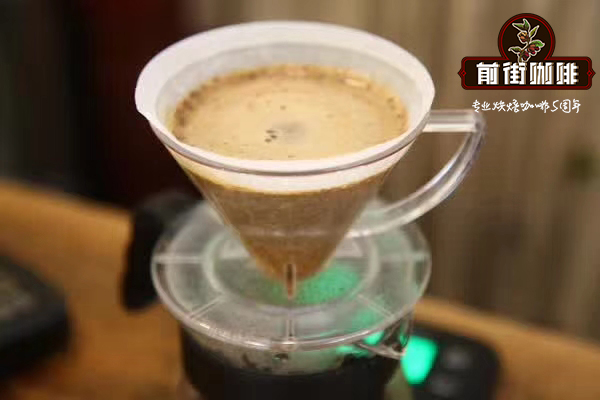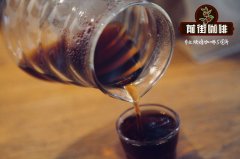How does Bali Coffee Powder make Bali Coffee Powder? is Bali Coffee good?

Professional coffee knowledge exchange more coffee bean information please follow the coffee workshop (Wechat official account cafe_style)
Famous for its Hindu culture, temples, beaches and high-end resorts, Bali also produces coffee (although it produces much less than Indonesia's Sumatra, Java and Sulawesi). The Jindani area, located in the northeast of the island, is the main growing area, and the nearby volcano Gunong Argonne has enriched the soil. Production is mainly controlled by more than 3,000 small-scale farmers, most of whom are organized into about 60 traditional groups called subak abian. Subak abian was originally associated with rice, which is based on a Hindu philosophy that holds that happiness comes from positive relationships with others, God, and the environment. Subak abian operates similar to cooperatives and sets standards for production and processing methods for its members through a demand manual distributed to its members.
Balinese coffee is wet-processed, with citrus, brown sugar and mild fruit flavors, bright acidity and soft body. It was not until recently that it entered the North American market and was previously sold only to Japan. In 2015, Atlas began purchasing it through one of our major export partners in Indonesia. In 2008, Arabica Coffee from the Kintamani region was granted the Geographical indication (GI) status of the Ministry of Justice and Human Rights of the country, making it the first Indonesian product to do so.
END
Important Notice :
前街咖啡 FrontStreet Coffee has moved to new addredd:
FrontStreet Coffee Address: 315,Donghua East Road,GuangZhou
Tel:020 38364473
- Prev

Is Sulawesi coffee good? Sulawesi Coffee Manor? how about Sulawesi coffee?
Professional coffee knowledge exchange more coffee bean information please follow the coffee workshop (Wechat official account cafe_style) Sulawesi Island export package size: 60 kg (132.28 lbs) main production areas: Toraya, Mamassa, Gova, Utala Annual production quantity: Indonesia total = 600000 bags treatment method: semi-washed, semi-washed plant species: Arabica gene
- Next

How to drink coffee in Bolivia
Professional coffee knowledge exchange More coffee bean information Please pay attention to Coffee Workshop (Weixin Official Accounts cafe_style) Although Bolivia's coffee business development began in the 1920s, the country's contribution to the global coffee supply today is minimal. About 95 percent of Bolivia's coffee is produced in Yungas, a fertile region on the eastern slope of the Andes, La Paz.
Related
- Beginners will see the "Coffee pull flower" guide!
- What is the difference between ice blog purified milk and ordinary milk coffee?
- Why is the Philippines the largest producer of crops in Liberia?
- For coffee extraction, should the fine powder be retained?
- How does extracted espresso fill pressed powder? How much strength does it take to press the powder?
- How to make jasmine cold extract coffee? Is the jasmine + latte good?
- Will this little toy really make the coffee taste better? How does Lily Drip affect coffee extraction?
- Will the action of slapping the filter cup also affect coffee extraction?
- What's the difference between powder-to-water ratio and powder-to-liquid ratio?
- What is the Ethiopian local species? What does it have to do with Heirloom native species?

